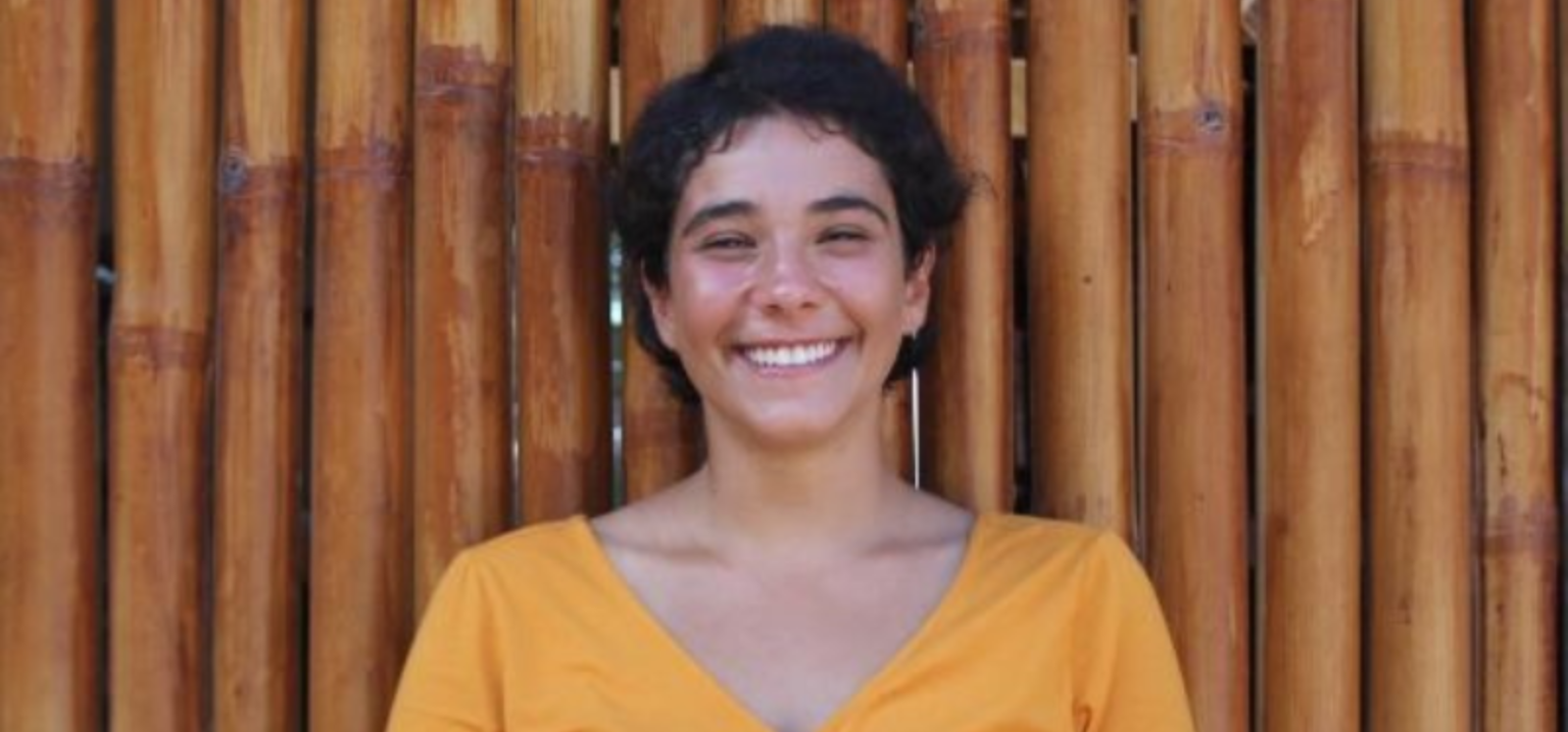Farah's research combines ecological fieldwork, species distribution modelling, genetic analysis, and stakeholder engagement across key case study areas, notably the Eastern Tropical Pacific, the Maldives Archipelago and the Galapagos Marine Reserve, where, in 2025, Farah undertook a Manta Research Expedition.
Why did you choose Queen’s for your PhD?
Queen’s University Belfast offers the perfect balance between world-leading marine research and a strong emphasis on interdisciplinary and applied conservation science. I was drawn to its commitment to impactful research, particularly in the realm of ‘One Health’ approach.
As an undergraduate student at QUB in 2016 - 2020, I was involved in a lot of the research that was taking place at the time, and I was fortunate enough to develop fantastic work-relationships with several of the academics at the School of Biological Sciences, notably Dr. Martina Bozzola, Dr. Jon Houghton, and Dr. Patrick Collins. I continued to collaborate with them even after entering the professional field, and when I finally decided to continue my academic career, I couldn’t imagine a better team to work with and who would give me the supervision and support I needed!
What is your PhD about?
My PhD explores how we can better understand and protect Mobula rays—an ecologically and economically important group of species often overshadowed in marine conservation. I focus on mapping their distribution, identifying critical habitats, and working with local communities and tourism sectors to develop sustainable resource-use strategies.
Why did you choose this field?
Mobula rays are charismatic and poorly understood creatures facing increasing pressure from fisheries and tourism. Despite their vulnerability, they remain data-deficient and are often excluded from conservation priorities. I’ve always been fascinated by their ecology, and their cultural significance and economic value that seems to differ greatly across regions. This research allows me to connect science with policy and practice—working toward real-world solutions that benefit both biodiversity and local communities.
What was your latest research expedition?
The Galápagos National Park Directorate (GNPD), in collaboration with the Universidad San Francisco de Quito (USFQ), the Galapagos Science Center (USFQ-GSC), and Proyecto Mantas Ecuador (PME), carried out a scientific expedition in the southern and eastern regions of Isabela Island. Supported by Brookfield Zoo Chicago’s Sarasota Dolphin Research Program, Mote Marine Laboratory, Georgia Aquarium, and the Ocean Tracking Network, the research provided data for at least four different research projects.
The Galápagos Marine Reserve (GMR) is one of the few places in the world where multiple Mobula species coexist, and yet little is known about their seasonal movements, aggregation sites, or interactions with humans. I hoped to uncover where and when these species aggregate, whether they use the same sites repeatedly, and how they interact with other marine megafauna like whales, sharks, and turtles. The Galápagos offers a rare natural laboratory to study these patterns in a relatively protected setting.
Read more about the expedition here.

